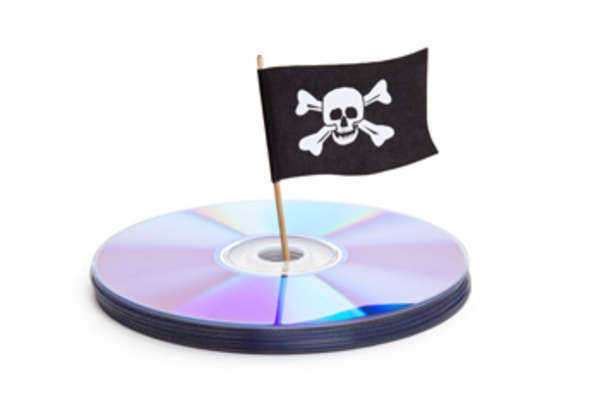Read About Fines For A Burned CD Before It Happens to You
Read About Fines For A Burned CD Before It Happens to You: Understanding Copyright Laws
Burning CDs has been a popular way to share music, movies, and other media with friends since the early days of the technology. However, as copyright laws have evolved, it has become increasingly important to understand the legal implications of burning CDs and sharing copyrighted material. This article will explain the fines and penalties associated with burning copyrighted CDs, and what you can do to protect yourself.
Introduction
When you purchase a CD or download a digital copy of music or movies, you are buying a license to use that media for personal use. It is illegal to make copies of copyrighted material without permission from the copyright holder. Burning a CD is one form of copyright infringement, and the penalties can be severe.
What is Copyright Infringement?
Copyright infringement is the act of using or sharing a copyrighted work without permission from the copyright holder. This includes making copies of CDs, downloading or sharing files without permission, and selling pirated copies of copyrighted works.
What are the Penalties for Copyright Infringement?
The penalties for copyright infringement can vary depending on the severity of the infringement, the number of copies made, and other factors. In general, fines for copyright infringement can range from a few hundred dollars to tens of thousands of dollars.
For example, the Recording Industry Association of America (RIAA) has brought lawsuits against individuals who have illegally shared music or burned CDs. In some cases, individuals have been fined thousands of dollars, and in some severe cases, millions of dollars.
How to Protect Yourself?
It is essential to understand the legal implications of burning CDs and sharing copyrighted material to protect yourself. To avoid penalties for copyright infringement, follow these tips:
1. Buy legal copies of the media you want to share.

2. Use legitimate, authorized sources for downloading digital content.
3. Do not burn or distribute copyrighted material without permission from the copyright holder.
4. Read and understand the copyright laws in your country and region.
Conclusion
Burning CDs has been a popular way to share music and movies, but it is essential to understand the legal implications of copyright infringement. Copyright laws protect creators and copyright holders from having their work stolen or used without permission. Fines for copyright infringement can be severe and can have long-lasting consequences. To protect yourself, buy legal copies of the media you want to share, use legitimate sources for downloading digital content, and do not burn or distribute copyrighted material without permission. Understanding copyright laws is critical to avoiding violations and legal penalties for copyright infringement.
A burned CD is a replicated compact disk that stores music through the use of copying a previously recorded CD or utilizing illegal downloading to make a mix of music on a CD. Regardless of what is on the burned CD or how it is replicated, the act of copying or downloading music is a violation of copyright law. As a result of these replicated actions, it is a misdemeanor to sell burned CDs.
That being said, a private market, meaning a transaction between two private buyers, is nearly impossible to regulate, especially considering the fact that gifts or transactions involving blank CDs is viewed as a petty act.
In theory, giving someone a burned CD is considered illegal and a fineable offense, but the ability to enforce such transactions is nearly impossible. Couple this struggle with the fact that the transactions do no precipitate harm and the result is a lack of enforcement of selling or buying burned CDs.
If caught, however, the fines for selling a burned CD will greatly fluctuate and vary based on the amount of CDs transacted and the location of the transaction.